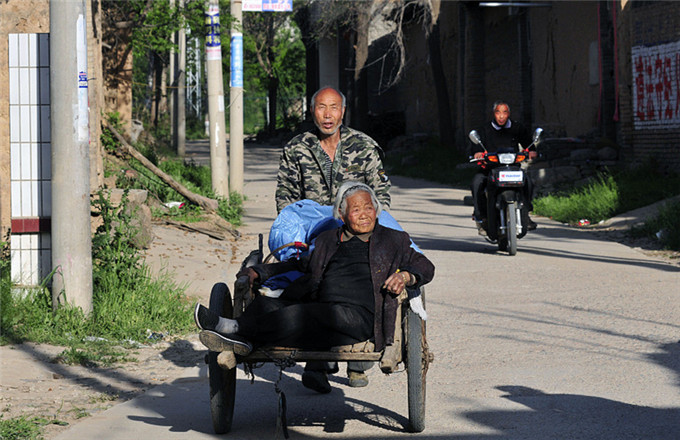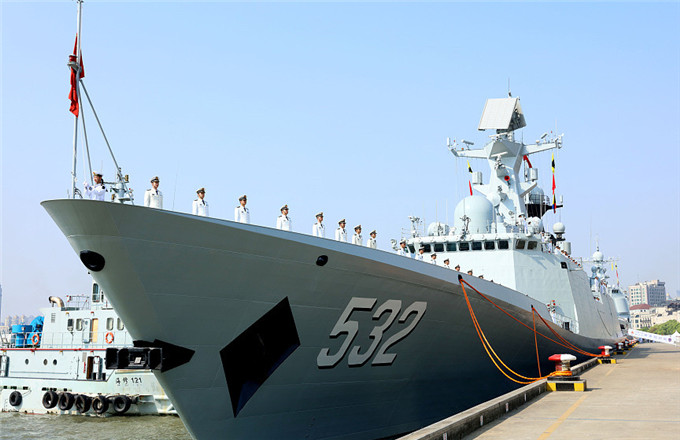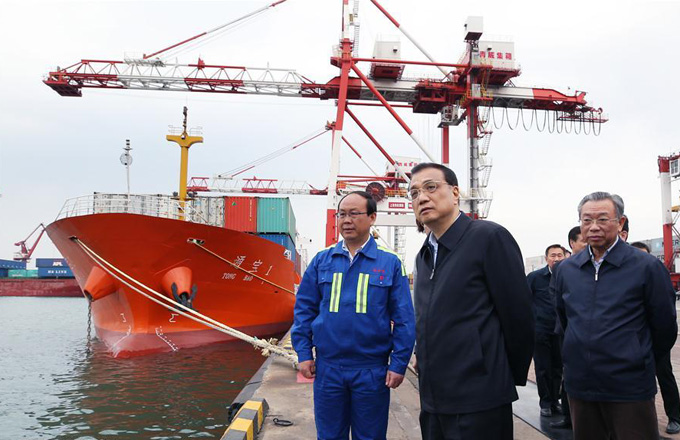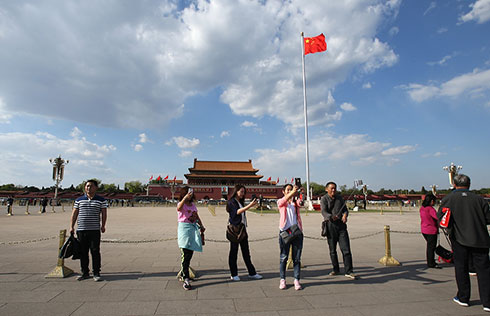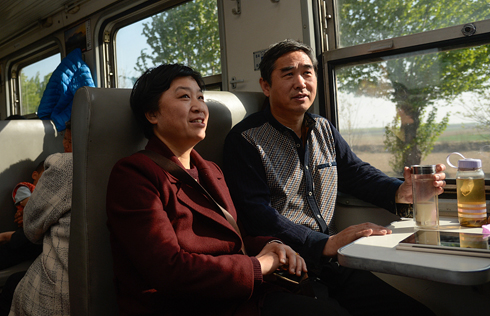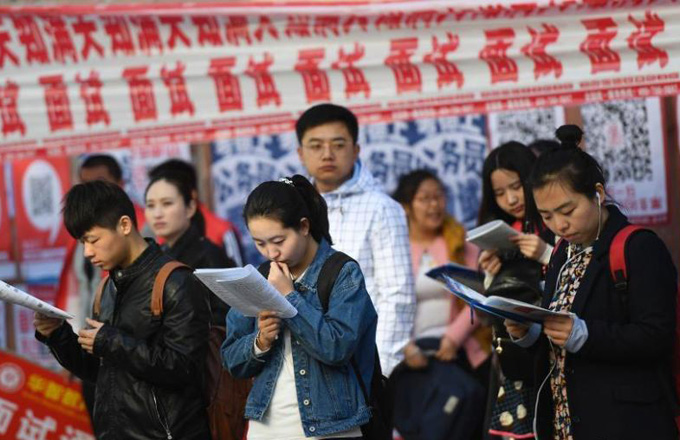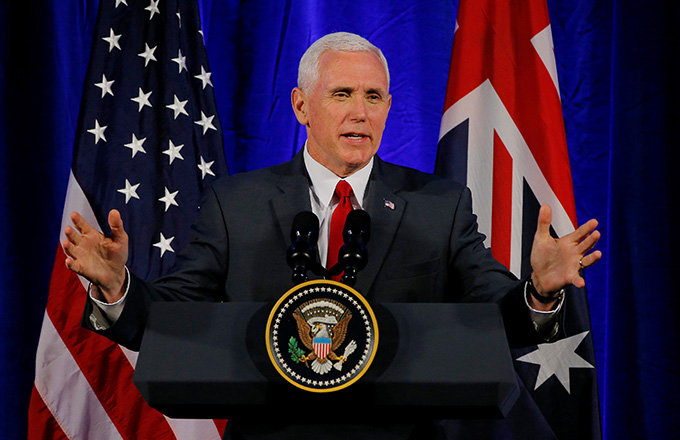

|
Ma Jianing, vice-president of General Electric China Zhang Haizhou / China Daily |
Ma Jianing and the multinational have found a home in Chengdu
Ma Jianing always had a few questions for Americans when he was in the US - "Do you know pandas and hotpot?"
"Do you know Chengdu?"
The vice-president of General Electric China said "many Americans, no matter in New York or Washington DC or on the West Coast, know pandas and hotpot, but not Chengdu".
Ma, who spent more than two years living in Chengdu beginning in 2002, recalls that "they were always shocked when I told them Chengdu is a city with more than 20 international flight routes".
Not only Ma believes the capital of Sichuan deserves more international attention. So does his company.
The US conglomerate opened its first ever innovation center in the world last year in Chengdu focusing on the healthcare market.
As the head of the China Innovation Center in Chengdu, Ma, has ambitious plans.
"We want to make it a center for local healthcare and already have three products for the market.
"We also would like to see the products from Chengdu go to the rest of the world," he said. The healthcare division of the GE recently significantly increased its investment in rural regions in China, a vital market for the financial health of all multinational corporations.
The company sees the huge market potential in rural China, but knows it will be a big challenge for international giants to cater to the diverse needs of smaller hospitals, especially as Chinese medical equipment suppliers improve their competitive strength.
GE's innovation center in Chengdu reflects its major push in that direction.
Up to 80 percent of GE's healthcare equipment revenue in China comes from the upscale sector.
But the company aims to boost income from its basic medical needs division to achieve a balance as early as possible.
"We believe open innovation practices, especially the customer co-creation approach embodied in CIC Chengdu, is essential for multinational technology companies such as GE as we participate and contribute to China's future growth," Chairman and CEO Jeff Immelt said.
Located in the west park of the Chengdu High-tech Industrial Development Zone, the customer center combines R&D with marketing.
In addition to local healthcare, it also focuses on shale gas drilling technology, new industrial automation solutions and green energy.
"We want to let colleagues in our headquarters know that China is not just Shanghai and Beijing, but the west too. We hope that GE will be a frontrunner in local healthcare in western China," Ma said.
He said the CIC Chengdu now has about 500 employees, 30 percent local hires and another 30 percent returnees from coastal regions.
The company's ambitions are a contrast to when Ma first arrived in Chengdu in 2002.
"There was only one building (in the CIC Chengdu's area). Even I couldn't eat the spicy food ," said Ma, who is from Nanjing in coastal Jiangsu province.
Eleven years later, the high-tech park has not only attracted GE, but also at other global industrial giants such as Intel, Foxconn and Dell, which help form industry clusters in integrated circuits, photoelectric displays, software, service outsourcing and electronic terminal manufacturing.
Ma has also adapted to local life.
He has even learned a lot of the Sichuan dialect from his driver and sometimes incorporates it into his Putonghua.
"Chengdu is an inclusive place," he said. "People know Chengdu for its slow pace and come here to relax, but it's actually also getting faster.
"Chengdu's tempo is still a little bit slower than Beijing and Shanghai, but it's proper," he added.
zhanghaizhou@chinadaily.com.cn
(China Daily 05/21/2013 page19)
